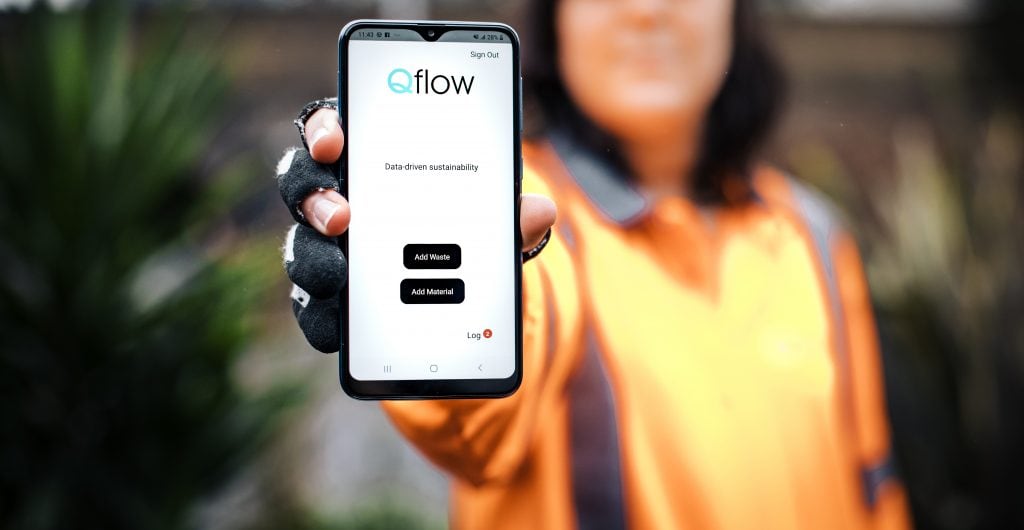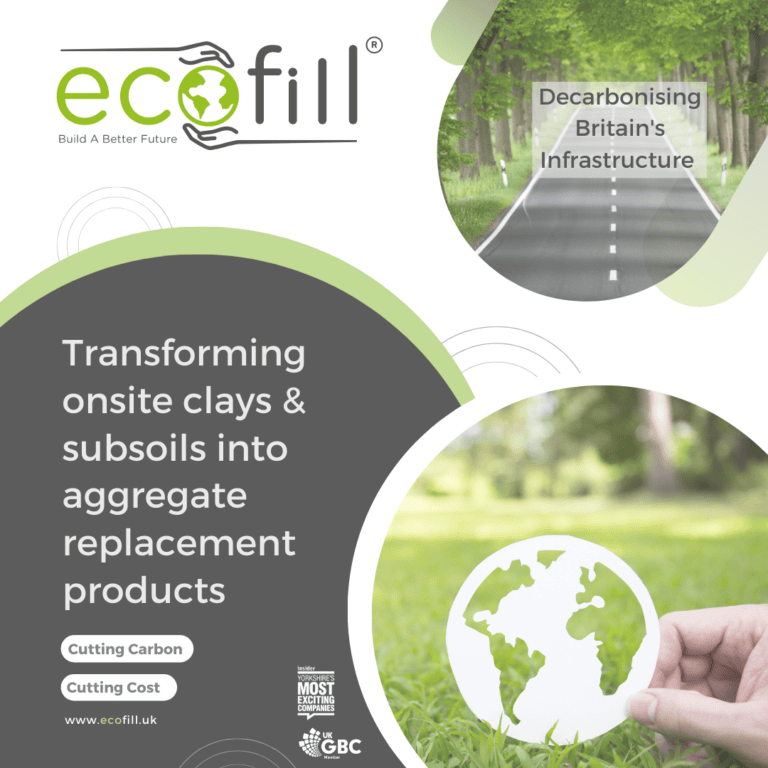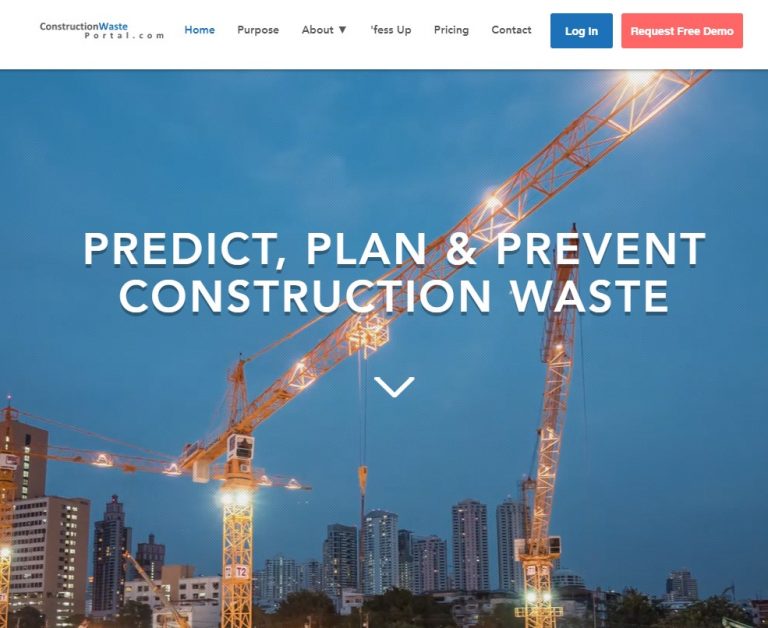Platform that collects material and waste data at source for construction teams

Problem Addressed
How to reduce the amount of resources required during the construction of buildings and use data to highlight areas of inefficiency and reduce waste and resource use today.
Case Study
Qflow was deployed by Skanska UK in 2019 on the £350M Oxfordshire Highways Project. The overarching client was Oxfordshire County Council and the principal contractor being Skanska UK. The contract covered over 2,800 miles of highway maintenance works and 1000 structures. Due to the nature of the works the contract generated a large amount of waste that needed to be tracked and verified for compliance and management. Qflow worked closely with Skanska to deploy the app across the project for a three-month trial. Skanska’s Infrastructure Services division, responsible for carrying out the highway maintenance contracts, produces over 150,000 tonnes of waste every year.
During the 3-month trial, over 400 notifications were sent to the team, alerting them to potential risks, allowing them to address these before they created problems such as programme delays or compliance risk. Data capture was improved by over 70%, enabling the sustainability team to deliver better forecasts of waste transfers whilst reducing risk of non-compliance. Moreover, Qflow is using the data to identify opportunities to reduce waste generation all together.
Better tracking of waste data also allowed opportunities to be explored for optimising movements in different regions, and new developments within the Qflow analytics team have since been able to map out cumulative waste volumes and disposal locations to identify alternative end-destinations closer to site. Using this analysis a central London development could save 6775kg CO2e per year by simply switching waste facilities.
Facts and Figures
This page presents data, evidence, and solutions that are provided by our partners and members and should therefore not be attributed to UKGBC. While we showcase these solutions for inspiration, to build consensus, and create momentum for climate action, UKGBC does not offer commercial endorsement of individual solutions. If you would like to quote something from this page, or more information, please contact our Communications team at media@ukgbc.org.
Related
Aggregate replacement product made from onsite clay and subsoils

Construction waste management platform

Sustainability Yard

Collecting and donating surplus furniture, equipment and materials

